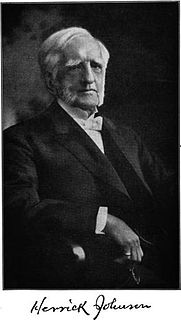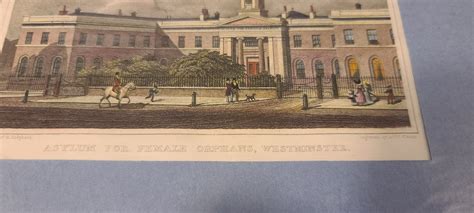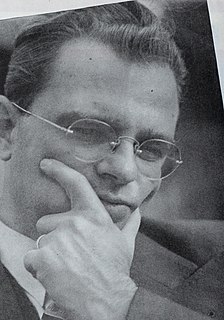A Quote by Hilaire Belloc
In the midst of all these innumerable forms of a common protest and universal ill-ease there has grown up one definite body of doctrine whose adherents are called Communists and who desired the total subversion of what had been, hitherto unquestioned among civilized European men, the general doctrines of property and individual freedom.
Related Quotes
In proportion to the love existing among men, so will be the community of property and power. Among true and real friends, all is common; and, were ignorance and envy and superstition banished from the world, all mankind would be friends. The only perfect and genuine republic is that which comprehends every living being. Those distinctions which have been artificially set up, of nations, societies, families, and religions, are only general names, expressing the abhorrence and contempt with which men blindly consider their fellowmen.
It is a moot question whether the origin of any kind of property is derived from nature at all. It is agreed by those who have seriously considered the subject that no individual has, of natural right, a separate property in an acre of land, for instance. By a universal law, indeed, whatever, whether fixed or movable, belongs to all men equally and in common is the property for the moment of him who occupies it; but when he relinquishes the occupation, the property goes with it. Stable ownership is the gift of social law, and is given late in the progress of society.
In the older times it was seldom said to little girls, as it always has been said to boys, that they ought to have some definite plan, while they were children, what to be and do when they were grown up. There was usually but one path open before them, to become good wives and housekeepers. And the ambition of most girls was to follow their mothers' footsteps in this direction; a natural and laudable ambition. But girls, as well as boys, must often have been conscious of their own peculiar capabilities,--must have desired to cultivate and make use of their individual powers.
But while property is considered as the basis of the freedom of the American yeomanry, there are other auxiliary supports; among which is the information of the people. In no country, is education so general - in no country, have the body of the people such a knowledge of the rights of men and the principles of government. This knowledge, joined with a keen sense of liberty and a watchful jealousy, will guard our constitutions and awaken the people to an instantaneous resistance of encroachments.
But if we are to retain freedom, then we can only do so by keeping the determining mass of the citizens the possessors of property with personal control over it, as individuals or as families. For property is the necessary condition of economic freedom in the full sense of that term. He that has not property is under economic servitude to him who has property, whether the possessor of it be another individual or the State.
The quest for this unwearied peace is constant and universal. Probe deeply into the teaching of Buddha, Maimonides, or a Kempis, and you will discover that they base their diverse doctrines on the foundation of a large spiritual serenity. Analyze the prayers of troubled, overborne mankind of all creeds, in every age-and their petitions come down to the irreducible common denominators of daily bread and inward peace. Grown men do not pray for vain trifles. When they lift up their hearts and voices in the valley of tears they ask for strength and courage and understanding.
If every person has the right to defend - even by force - his person, his liberty, and his property, then it follows that a group of men have the right to organize and support a common force to protect these rights constantly. Thus, since an individual cannot lawfully use force against the person, liberty, or property of another individual, then the common force - for the same reason - cannot lawfully be used to destroy the person, liberty, or property of individuals or groups.
That this subject [of imaginary magnitudes] has hitherto been considered from the wrong point of view and surrounded by a mysterious obscurity, is to be attributed largely to an ill-adapted notation. If, for example, +1, -1, and the square root of -1 had been called direct, inverse and lateral units, instead of positive, negative and imaginary (or even impossible), such an obscurity would have been out of the question.





































